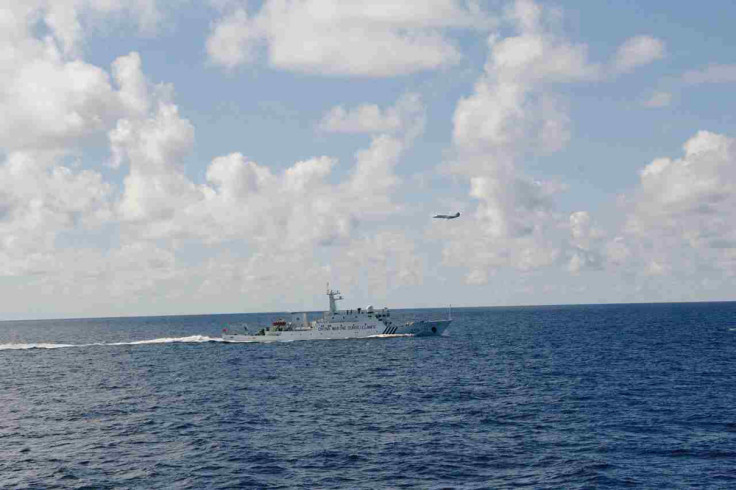China expands surveillance capabilities with new intelligence-gathering ship
The People's Liberation Army now reportedly commands six naval reconnaissance vessels.
China has launched a new electronic, intelligence-gathering ship, designed to boost the military's surveillance capabilities, according to Chinese state media. The ship, dubbed CNS Kaiyangxing or Mizar, is the latest addition to the Chinese navy, making it the sixth reconnaissance ship now commanded by the People's Liberation Army (PLA), according to reports.
China's new surveillance boosting ship comes amid the nation's renewed assertive stance on territorial claims in the South China Sea. Reports also highlight the military's unprecedented approach in publicly detailing various aspects of the intelligence-gathering vessel.
"The Kaiyangxing is capable of conducting all-weather, round-the-clock reconnaissance on multiple and different targets," according to the Chinese defence media, the China Daily reported. The newspaper also cited the Chinese defence media as comparing the vessel to other sophisticated, military surveillance ships built by the US and Russia, Reuters reported.
Kaiyangxing was built at the Zhonghua Shipyard in Shanghai and is classified as Dongdiao class (Type 815), the IHS Jane's Defence Weekly reported. The 6,000-ton vessel has a unique flat-topped spherical dome, which has reportedly been designed to safeguard dish antennas that intercept and collect radio signals.
The six vessels in service have reportedly been deployed evenly between the PLAN's (PLA Navy) North, East, and South Sea fleets. According to regional naval officials, China's surveillance ships are now increasingly tracking and shadowing US and Japanese warships stationed in the South China and East China seas.
Meanwhile, China's sole aircraft carrier Liaoning made headlines for carrying out drills in the South China Sea, in turn escalating tensions with Taiwan. Beijing has maintained that the warship was on a training exercise, stressing that its movements adhered to international law.

© Copyright IBTimes 2025. All rights reserved.






















